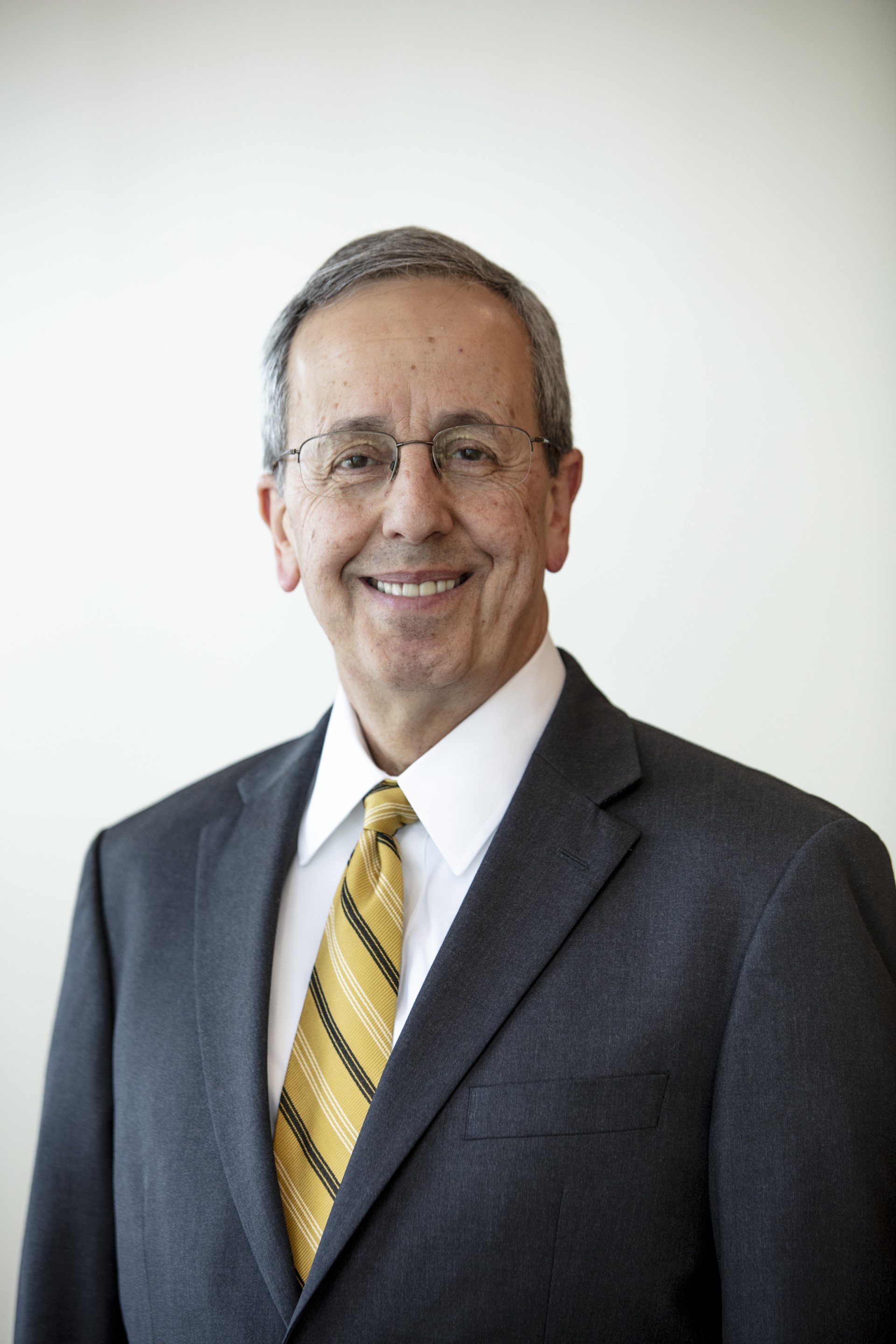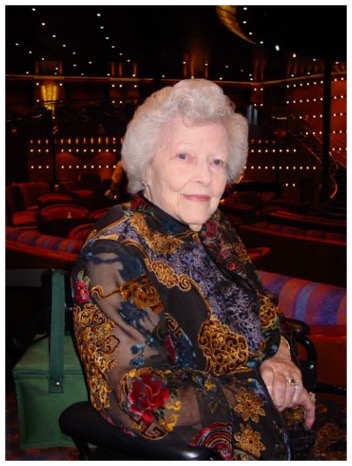December Spotlight: Dr. George Karam – Developing Humanism in Healthcare
 Dr. George Karam, Assistant Dean of Baton Rouge Medical Education, has dedicated more
than 40 years to academic medicine, and throughout those years has prioritized maintaining
humanistic values in medicine in both his patients and the physicians he trains.
Dr. George Karam, Assistant Dean of Baton Rouge Medical Education, has dedicated more
than 40 years to academic medicine, and throughout those years has prioritized maintaining
humanistic values in medicine in both his patients and the physicians he trains.
Dr. Karam’s approach has been wildly successful. Graduating medical students have voted the internal medicine residency program at Baton Rouge as the best clinical department in the LSU School of Medicine every year since 2005. The Baton Rouge program has long attracted and continues to attract top students. Over the past few years, residents have gone on to Johns Hopkins, the National Institutes of Health and Vanderbilt for additional training. Dr. Karam has received the Aesculapian Award as an outstanding professor 19 times, and the graduating senior class named him the best clinical professor 15 times. He has also been the recipient of the Copping Award, the Humanism in Medicine award, and was named Alumnus of the Year in 2002. He has received numerous visiting professorship and lectureship awards.
His successful history of incorporating humanism in medicine and medical training led to an invitation to give the 3rd Annual Alan Jacobs Humanism Lectureship at the University of North Carolina in December of 2022. Preparing his lecture became the moment that set his course for the next 12 months.
As he began working on his lecture, he wanted to read over a journal review article on humanism, only to find out that one did not exist. So, he looked for a Ted Talk. Again, nothing. He tried YouTube next, and again, he came up with nothing. He was struck by the paradox of so little existing information about training medical students in humanism, yet it being such a valued and fundamental skill for healthcare professionals.
“We talk about humanism in medicine as an aspirational goal, but how can it be if we don’t even have a definition of what it is,” Dr. Karam said. “Many physicians do ultimately develop humanism in their profession after years of observation and experience, but I want to help learners understand and embody humanism on a quicker timeline than that.”
Dr. Karam approached Interim Chancellor Steve Nelson to discuss his realization and a plan to define and then teach humanism to healthcare students. Dr. Nelson enthusiastically endorsed his proposal to begin mapping out ways to add this component to students’ education and training.
“Humanism is an abstract concept, but at the same time we need to find ways to define it and to measure it,” Dr. Karam said. “The saying, ‘People may forget what we said or did but they will not forget how we make them feel,’ can and needs to be applied to patient care. We want all healthcare professionals to have compassion and connection with each other and with their patients.”
 Dr. Karam, who holds the Paula Garvey Manship Endowed Chair for Medical Education,
has named this project the Paula Garvey Manship Humanism Project.
Dr. Karam, who holds the Paula Garvey Manship Endowed Chair for Medical Education,
has named this project the Paula Garvey Manship Humanism Project.
“I plan to spend the upcoming academic year focused on developing a curriculum in humanism that will initially target medical students and residents. This curriculum will aim to convert the development of humanism in physicians from being merely observational and experiential and into an objectively-learned skill. Ultimately, we want to create critical thinkers who nurture their patients,” he said.
Dr. Karam added that an additional focus of this work will be to secure funding to sustain and broaden the curriculum into a program, allowing for expansion to all LSU Health students.
“Paula Manship (pictured, above left) really championed these ideas and medical education in Baton Rouge. Her generosity created the endowed chair in her name that exists ‘to develop and implement educational and humanistic goals which are key characteristics of a highly competent medical doctor.’ I hope to honor Mrs. Manship and our shared vision through this project,” he said.
